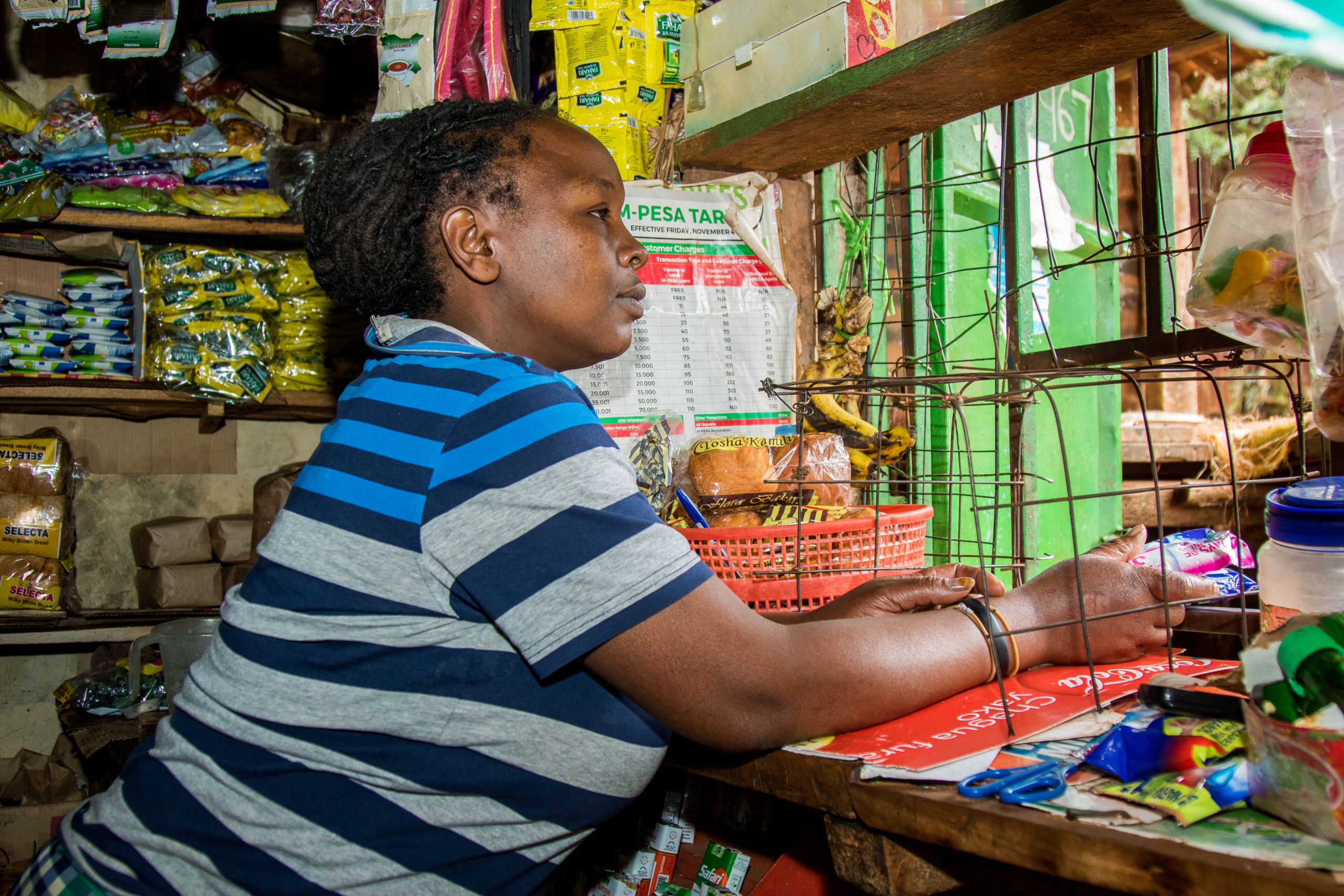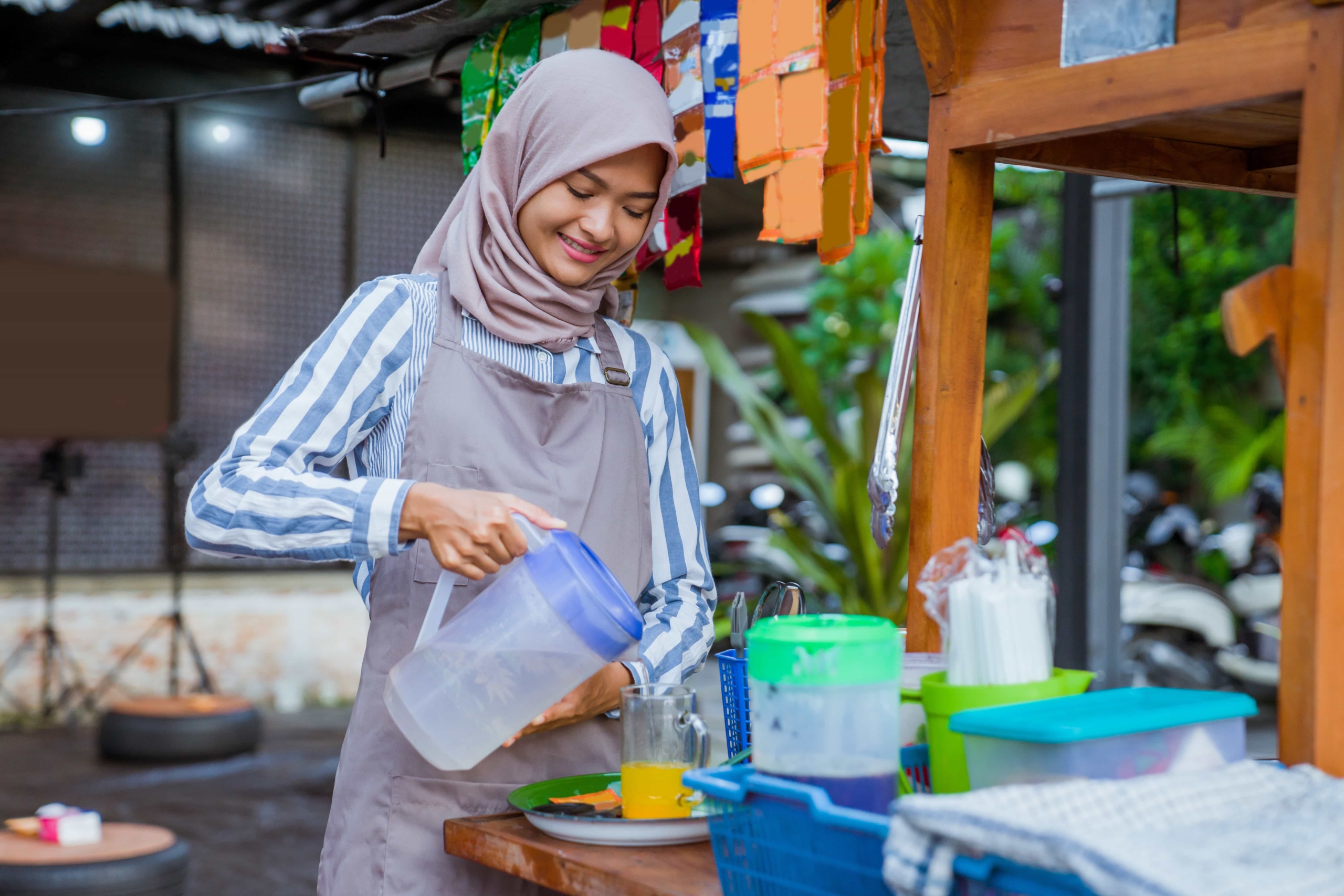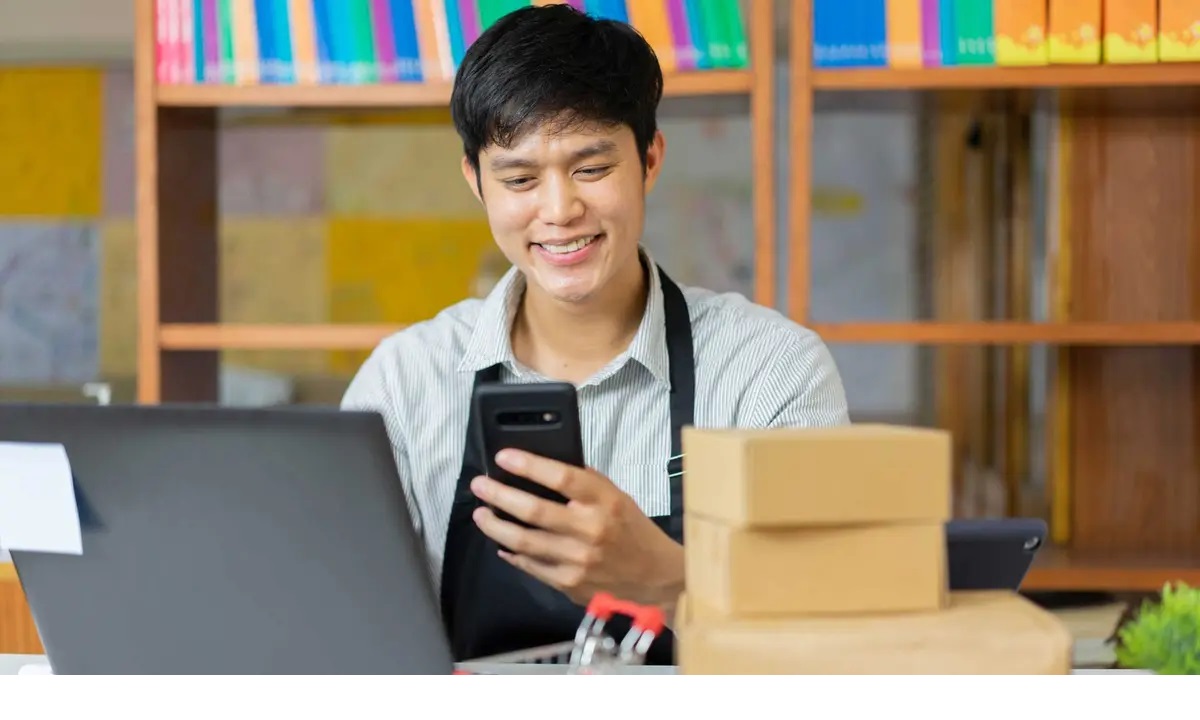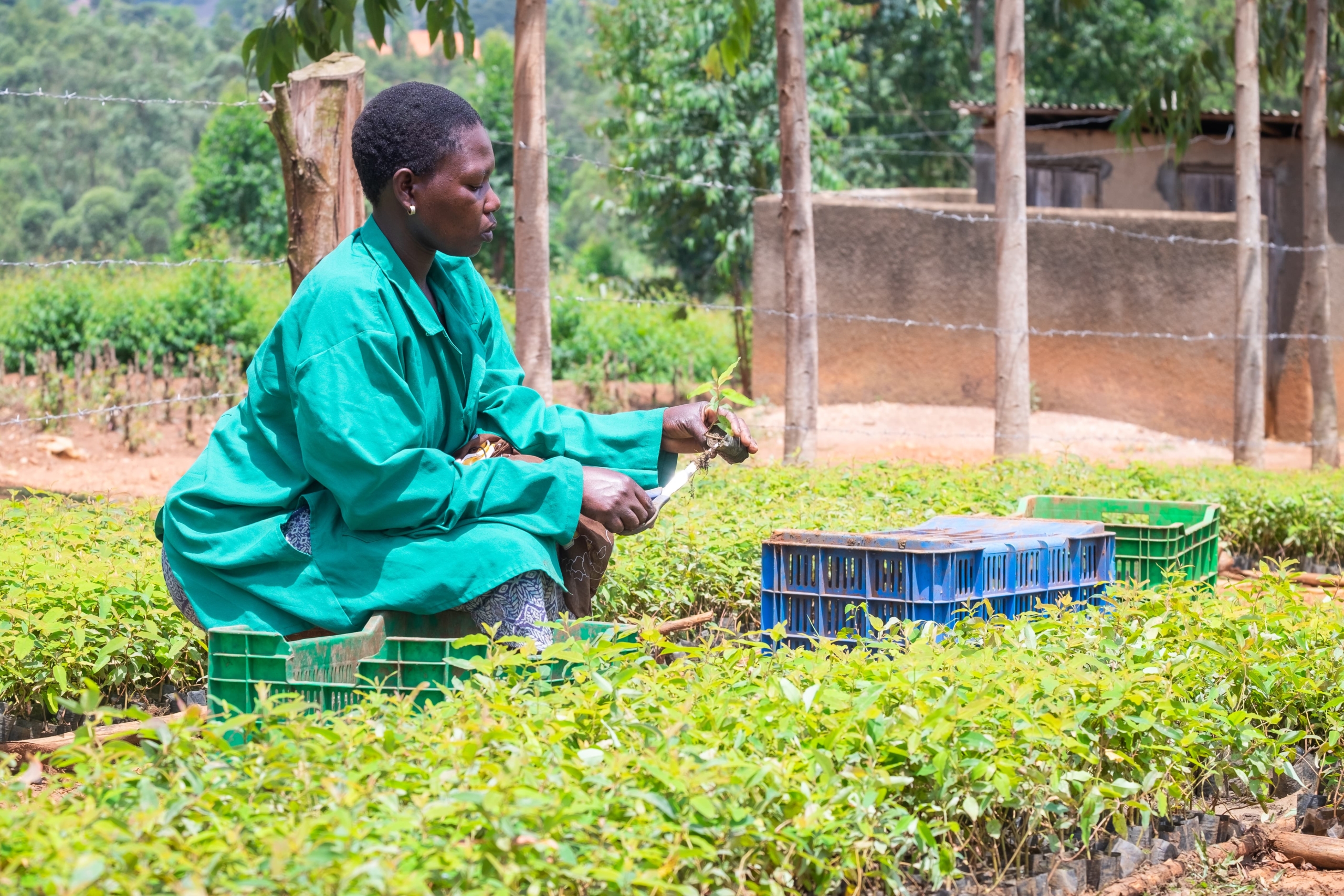

How Unilever’s Distributive Trade Digitization is Transforming Small-Scale Retail Businesses
Carmela, a small-scale retail business owner whose store is an hour bus ride outside of Manila in the Philippines, has been serving customers for over 40 years. Working out of a corner shop in a small neighborhood, margins are thin, and her days are long. Managing inventory is time-consuming, spending full days away from the store to source affordable, quality goods to sell. She notes that the business “was started by my grandmother years ago, and it was passed on to my mom, and now to me.” It is more than just a business – it’s a collective family labor of love that continues to support generations.
Globally, small-scale retailers constitute a $900+ billion industry. A 2022 60 Decibels report with Flourish reports that they are usually family-owned or independent retailers, with minimal capital and formal management. In many countries, they represent a high share of grocery sales and are a critical last-mile outlet for household staples.
Despite their key role in the fabric of communities, small-scale retailers like these face external challenges: competition is increasing from supermarkets, megastores, and online retailers. Apps that connect small business owners to distributors to buy products at a better price offer an opportunity for store owners to streamline supply chains and use digital technology to cut costs, save time, anticipate consumer needs, and better track inventory.
Distributive Trade Digitization (DTD) provides access to business-to-business (B2B) apps for small-scale retailers in Unilever’s retail value chain to order their products at a time and any place that is convenient for them. This enables them to manage their inventory better and ultimately sell more, thus improving their business success, and in turn raising their income and living standards. It is one of a number of successful models which is enabling Unilever to help SME’s in their retail chain to grow their business.
By engaging 60 Decibels, Unilever is developing a better understanding and more insight into how to improve the B2B operations, what the social impact is and how to amplify it for all concerned in its commitment to improve livelihoods across its value chain.
60 Decibels has now conducted five studies – in Bangladesh, Pakistan, Philippines, Turkey and Vietnam – to help Unilever understand how the apps it has developed to serve as digital distribution platforms around the world are impacting the lives of small-scale retailers. Unilever provides these retailers with access to technology, and the training to utilise it, to help them improve their businesses and to raise their living standards. The studies are providing the data to evidence the impact that Unilever is having through Distributive Trade Digitization.
60 Decibels surveyed a representative sample of these retailers, asking questions to understand each app’s demographic reach, social impact, and customer experience. The studies aim to answer the question: what tangible impact can we see generated from these digital platforms helping small-scale retailers run a more efficient and profitable business?
In 2023 in the Philippines, 60 Decibels surveyed 624 retailers and evidenced that Tindahan Club (Unilever’s B2B app for ordering in the Philippines) is indeed providing a valuable service to retailers, positively impacting their businesses and lives. Nearly nine in ten retailers shared that this is the first time they have accessed such an app and that they could not easily find a good alternative. This result falls in the top 20% of the Global 60 Decibels Benchmark for first access, and as such by entering underserved markets, Unilever is enabling for the first time, retailers in those markets to reap the benefits of digitization of key business functions. Beforehand, these retailers would have to be dependent on a visit from a sales rep who, in many cases, would only have time to visit them once a week.

Almost all retailers surveyed have seen their business grow because of Tindahan Club (92%), reporting an increase in customers, a higher volume of products sold, and improved profit margins. 73% of retailers report reduced time spent worrying about finances, and 93% report an increase in money earned. Nine in ten retailers report improved financial resilience because of Tindahan Club, with over two in three retailers noting that it is now easier for them to cope with an unexpected financial expense.
Carmela is one of the retailers that 60 Decibels interviewed in the Philippines. She reported that as a result of the time saved through ordering on the Tindahan Club app, she and her family can spend more time together. She reliably has extra income to send her kids to school, pay bills, and support their day-to-day needs. In fact, she said that her mother and grandmother “noticed a big difference. They said the store has improved a lot compared to their time, despite recent inflation.”
Across all five of the markets that 60 Decibels has surveyed they find that small business owners in them are accessing a B2B app for ordering for the first time as a result of the access to technology enabled by Unilever. Beforehand, retailers would have to be dependent on a visit from a sales rep who, in many cases, would only have time to visit them once a week.
60 Decibels studies also highlighted several areas for improvement among local Unilever distributors to increase their impact on the lives of local small-scale retailers that use the B2B app. Challenges reported included product unavailability, delayed delivery, and technical issues with the platform. These insights will enable Unilever to engage with the distributors to help them improve and strengthen their offering, as well as further develop their B2B app for ordering to deliver a better user experience.
We know from the studies that retailers who use Unilever’s B2B app for ordering more frequently realise greater benefits, so addressing their concerns will simultaneously increase sales of Unilever’s products and the social impact generated.
Based on customer feedback, retailers are also interested in receiving support for business skills training and access to credit which could also be provided through the app. This would enable Unilever to strengthen further its’ relationship with retailers, through developing a broader and even more engaging offering.
Another Unilever initiative, Jaza Duka in Kenya, provides access to credit for small-scale retailers in partnership with Mastercard and KCB Bank. Jaza Duka serves as a case study for offering additional support, which is demonstrated to be successful in helping small-scale retailers to grow their business.
Today, Carmela is enjoying the extra time she now has with her family and sees profits increasing thanks to access to Unilever’s Tindahan Club that is making inventory tracking, restocking, and satisfying her customers’ needs easier. By extending the benefits of B2B apps for ordering to small-scale retailers in previously underserved geographies, Unilever illustrates that generating profits and social impact can go hand in hand.
*Please note that Carmela’s name and identifying details have been anonymized by 60 Decibels to protect her anonymity.


